Wayne McGregor: Chroma / Infra / Limen
The three ballets presented on this disc have now become a staple of the Royal Ballet, and as a triple bill in themselves provide a persuasive argument to have them performed together on one evening, but more so to acknowledge that the company, indeed the dance world as a whole has a major choreographic voice (if you can have such a thing) in Wayne McGregor.
He has had many great shoes to fill, not least those of Frederick Ashton, Kenneth MacMillan and Robert Helpmann (who I absolutely guarantee you all know) and as a 21st century incumbent, has certainly made his ideas felt, not least with his latest offering, Live Fire Exercise, which has been universally lauded.
The works shown here are Chroma (2006), Infra (2008) and Limen (2009), all of which stand out as individual and fine examples of a fruitful artistic mind. The performances were recorded over six nights in two and a half years, meaning there was plenty of opportunity to record the best of the company's efforts and there can be no doubt this was achieved.
Chroma was McGregor's second commission by the Royal ballet (for the main stage at least) and is probably the most successful of the three, having won an Olivier award in 2007, and for which the music is unashamedly 'popularist'. I say this, as much of it consists of expertly re-imagined and orchestrated songs by Joby Talbot and Christopher Austin from the The White Stripes' catalogue, together with original music from Talbot himself.
The idea behind the ballet is the imagining of 'freedom from white', and so purity of colour (white, of course, being the colour of colours) is foremost in the design of the lighting, costumes, and, as close as you can get, in the movements themselves. As for a plot…well, as with much contemporary dance you can form your own, or decide that there is none to speak of and just enjoy the incredible virtuosity of each dancer and lose yourself in the sheer excitement of it all.
The orchestra, just about controlled by Daniel Capps, plays a blinder, with the sort of sound you normally hear from world class big bands (no offence meant to the usual orchestral playing) with screaming trumpets you want to hear again and again - and that says a lot for someone who plays the ever-so-refayned violin.
Infra (meaning 'below') couldn't be more different, in that we are immersed in what seem to be several private relationships amongst the cold, unfeeling cities in which many of us live. The backdrop consists of digitised figures walking across the stage in much the same way you would through such a city, paying little attention to those around you, and even less to what they may be going through in lives that are just as important to them as yours is to yourself. At least, that was my take on it, as again, you take what you can get from this sort of work.
Under the figures, the action appears far more intimate and personal, as different characters connect briefly, and with little apparent meaning. Gradually the contact becomes more 'meaningful' and eventually we seem to be watching people suffering extreme loneliness and going through various types of breakdown (a very moving performance from Lauren Cuthbertson in this respect).
Max Richter's music is not dissimilar to that of Michael Nyman's in parts, although I'll admit this was because of the sections where the solo piano came to the fore, but it's very audience-friendly (not a bad thing!), yet despite this, creates a sense of the repetitiveness of someone going through the motions of a reasonably drab life while garnering little reward. Together with Robert Clark's piano, the 'Max Richter Quintet' (made up of established session / orchestral musicians) plays beautifully and they all join together to make a welcome breather following the energy of Chroma. Of course, if you watch the works in a different order that last sentence won't mean anything. What will mean something is the remarkable duet between Ed Watson and Marianela Nuñez at the end. This is almost worth the price of the disc itself.
Limen (coming, apparently, from the 'limits of things') is the more substantial work here, in length at least, and is the one which will most likely need rewatching.
I say this, not because of the dance itself, but because the music is far less approachable than has gone before. Kaija Saariaho's music is stark, bleak, dissonant, and quite brilliant, but the first three attributes will be what may put people off, as much music has done since tonality became passé well over 100 years ago - honestly, it's as if people just shut their ears and not noticed things have moved on since C major!
Anyway, here, Saariaho's 'Notes on light' (ostensibly a cello concerto) is performed by Anssi Kartunnen with the Orchestra of the ROH. Whether it was performed live is not clear, and probably not relevant.
Any semblance of plot is in the mind of the viewer, and so, if you have an imagination, there can be great dividends paid. Once again, there seems to be an 'urban' feel about the lighting and out of nowhere comes an astonishingly beautiful and sexy duet between Sarah Lamb and Eric Underwood.
The sound and video are top notch, with the expert lighting (all works lit by Lucy Carter) brought out vividly.
Extras consist of Wayne McGregor himself introducing each of the works in a reasonably eloquent, if slightly pretentious manner (I can only cope with streams of words ending in -ality when I'm in a really generous mood) and there is some interesting rehearsal footage included in these sections. Luke Jennings provides background material to the pieces, and McGregor himself in a short essay within the booklet.
Overall, this is one of the best modern ballet collections I've had the privilege of watching, and is well worth adding to your collection. If you haven't actually started a collection , then there's really no excuse not to now.
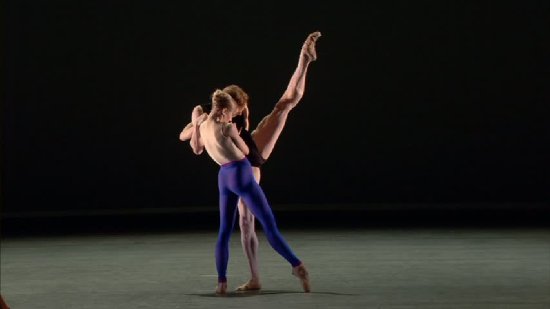
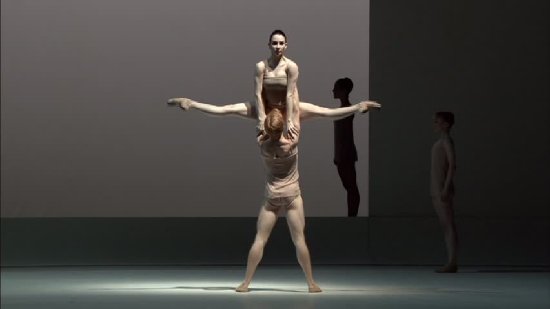
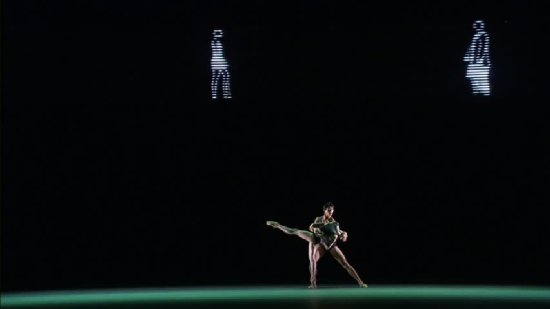
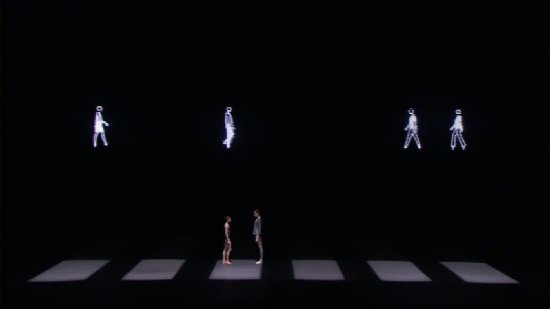
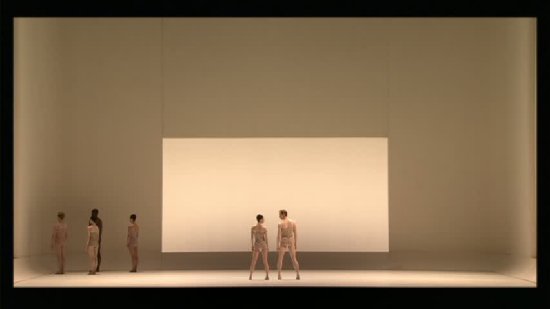
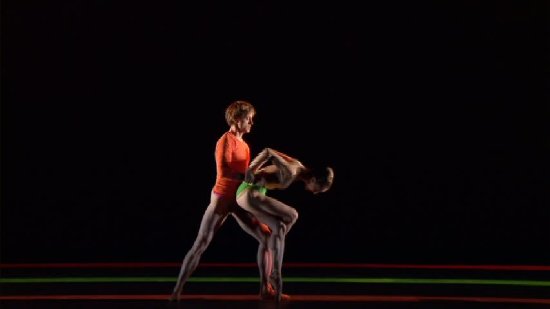
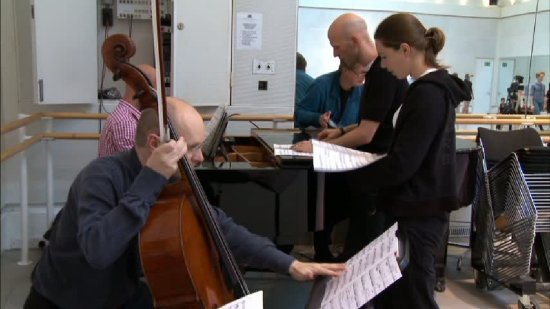
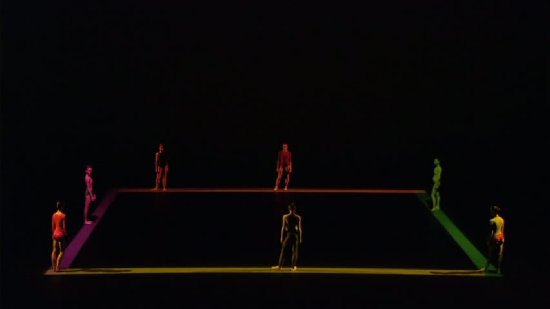
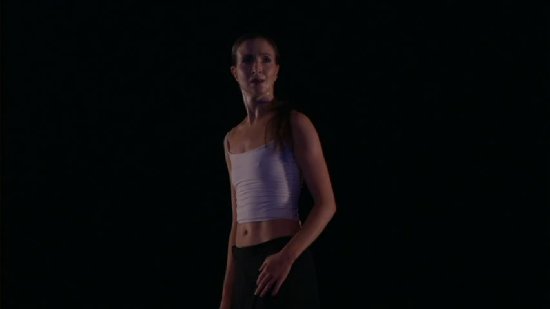
Your Opinions and Comments
Be the first to post a comment!